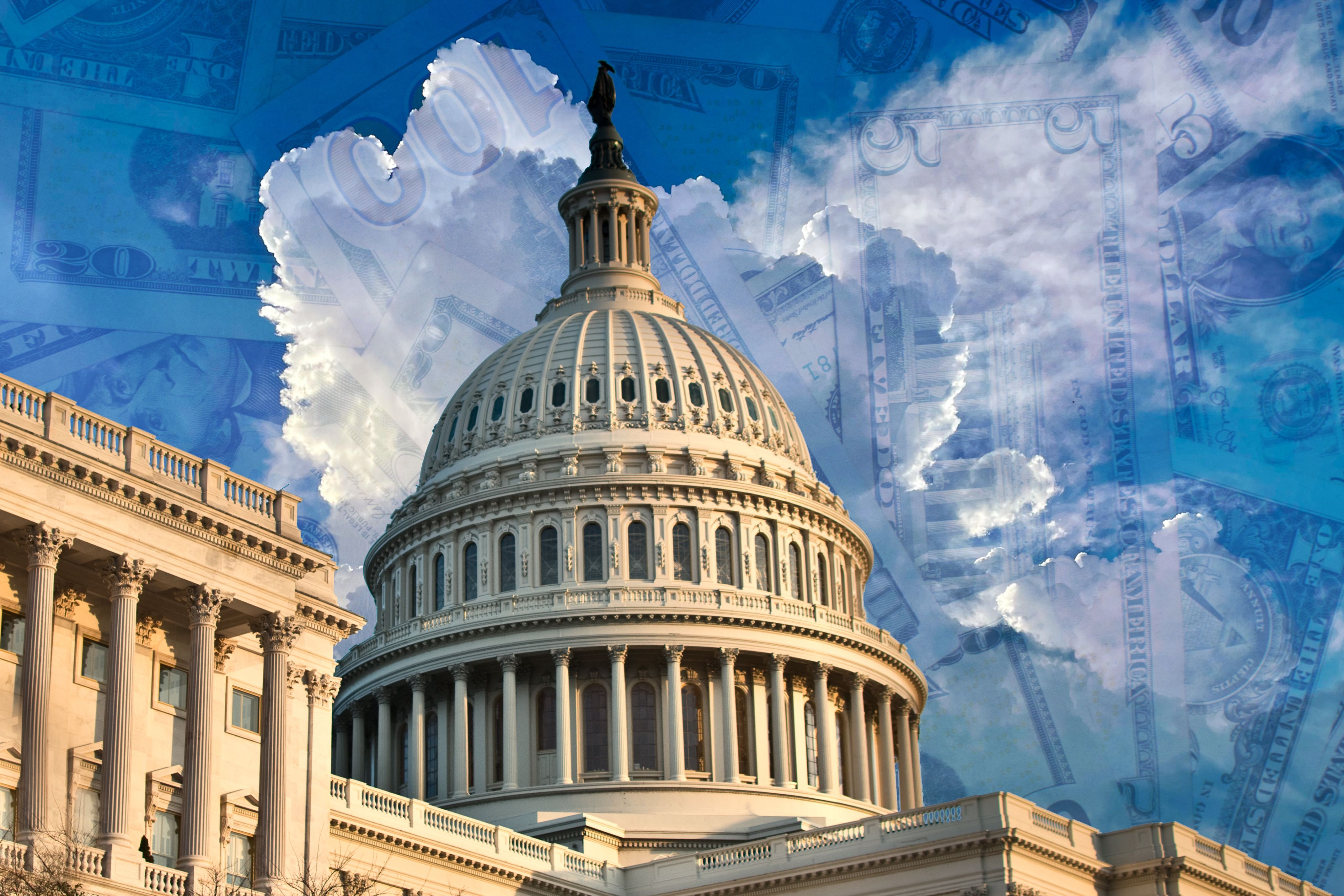Hitting the Ceiling
Political scientist breaks down the latest on the U.S. debt limit

Over Memorial Day weekend, after weeks of negotiations, President Biden and Speaker of the House Kevin McCarthy announced a deal had been reached to increase the nation’s debt ceiling, although it is still unclear whether Congress will approve the deal. Designed as a budgeting tool to manage how much the U.S. Treasury can borrow to pay for programs and services approved by Congress, the debt ceiling is also a critical barometer of the U.S. economy’s health. Kelly Dittmar, associate professor of political science at Rutgers University in Camden, explained the current state of the debt ceiling and why it has become such a difficult process in recent years.
“Republicans are trying to leverage the urgency of this moment—and the serious negative consequences of defaulting on the debt—to force a Democratic president to make spending cuts he would otherwise oppose,” Dittmar said.
Legislation authorizing the debt ceiling allows the U.S. Treasury to issue bonds and take on other debt without specific Congressional approval, so long as the total amount stays within a defined statutory limit. This kind of flexibility is essential, since the United States maintains an operating deficit and relies on issuing securities, like treasury bills and savings bonds, to keep the government running without interruption. While the debt ceiling was created to make government run more smoothly, it has become a pawn among politicians with competing interests in Washington.
“Republicans are using this vote—as they have in the past—to point out a contrast with Democrats and characterize them as fiscally irresponsible,” Dittmar said.

Kelly Dittmar, associate professor of political science at Rutgers University in Camden
Kelly Dittmar, associate professor of political science at Rutgers University in Camden
Treasury Secretary Janet Yellen has identified June 5 as the day the U.S. would default without a debt ceiling increase—something that has never happened in the country’s history. Failing to vote on the agreement offered by the President and the Speaker by then could result in the government failing to meet its obligations to bondholders and make other payments it owes, such as military salaries and Social Security benefits.
The larger economy would also likely be affected. Experts estimate that a default lasting just one week could lead to the loss of 1.5 million jobs. However, there have been consequences already; on May 24, the credit rating agency Fitch placed the U.S.’s AAA credit rating on watch when it seemed a deal was tenuous at best.
Although positive progress has been made since then, Congress still needs to approve the deal before the June 5 deadline, or all of the negotiations will have been for naught. Ultimately, both sides need to find common ground.
“While it is true that Republicans have a more policy-based motivation to cut government spending overall, this is not the appropriate mechanism by which to do it, since raising the debt ceiling is about paying debts already incurred,” Dittmar said.


Creative Design: Beatris Santos